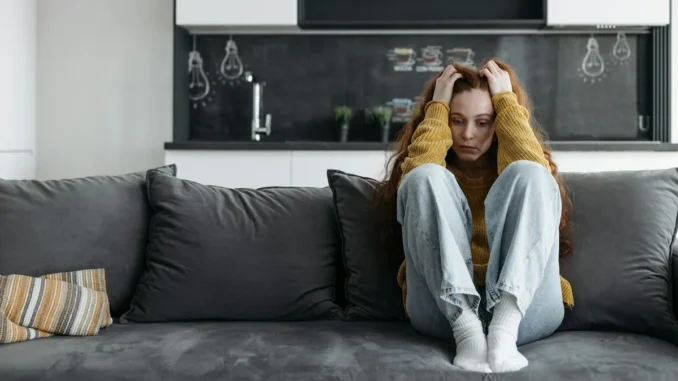
The evening light poured into our apartment, turning the walls gold. I gazed at our wedding photo—Flynn’s arm around me, his eyes brimming with love I’d once believed eternal. For nearly five years, our life looked perfect: despite his long hours as a lawyer, our weekends were filled with little adventures, late-night talks, and lazy Sundays on the couch.
Then something shifted. Flynn began arriving home later; his warmth cooled, his patience thinning. I tried to reach him—asked if something was wrong—but he brushed me off, retreating into silence. Tension mounted. His irritability over small messes felt disproportionate, yet he refused to explain.
One night, I finally confronted him. His reply stunned me: “I think I want a divorce.” It was like being punched. He left the next morning with no answers—our future evaporated.
In desperation, I opened his laptop and found messages with someone he’d saved as “Love.” The betrayal cut deep—but then I saw who “Love” was. Not a woman. It was Benji, Flynn’s best friend. They were in love.
Amid the pain, understanding bloomed: Flynn hadn’t left because of me—he’d been hiding who he was. Soon after, he texted: “Can we meet? I owe you an explanation.” We met—he admitted he’d struggled to know himself, that Benji helped him see the truth.
We parted with sorrow but clarity. I cleared our apartment, packing away memories, and found unexpected strength in letting go.
As he walked away—heading off with Benji to start a new life—I felt lighter, freer. Despite the heartbreak, I realized I would be okay.